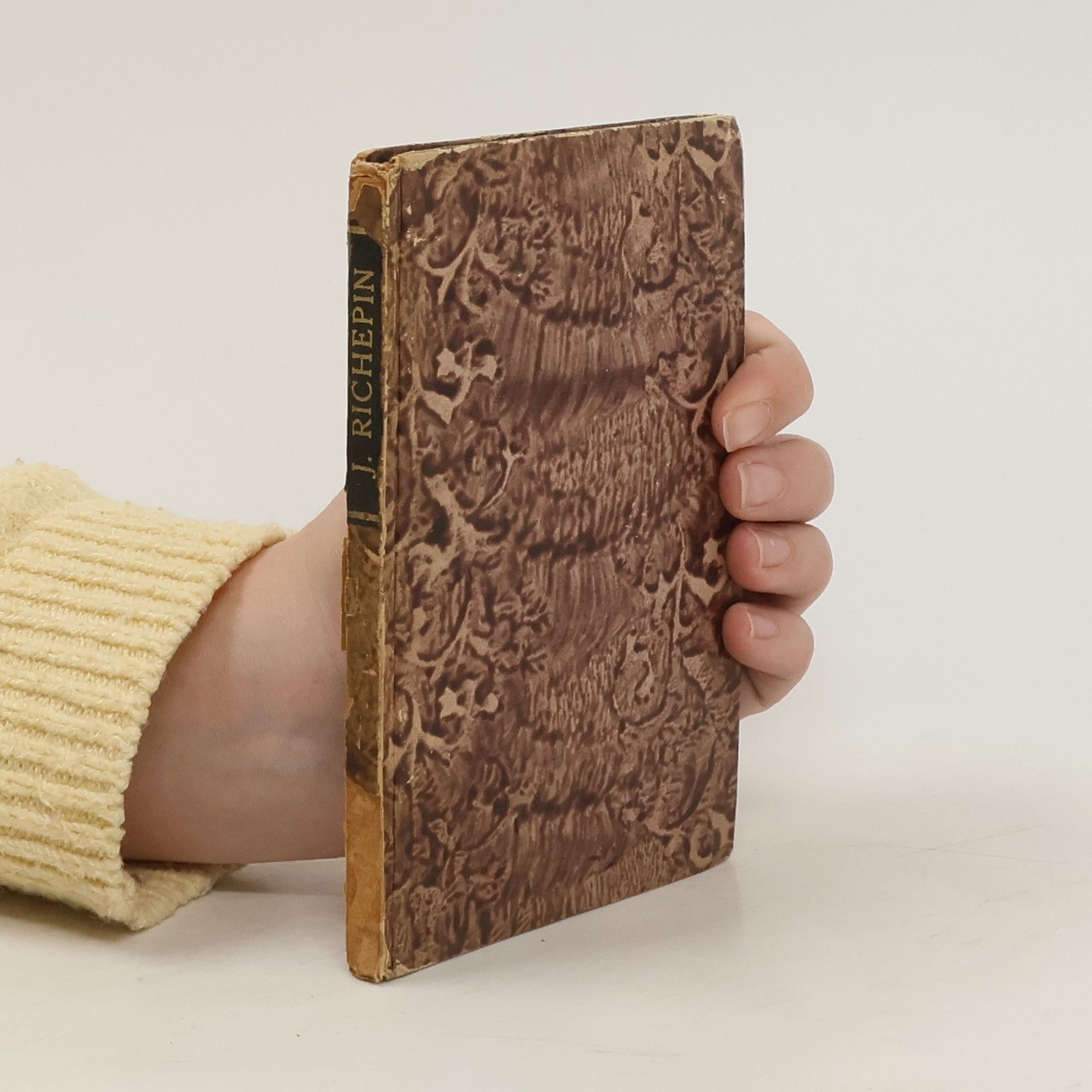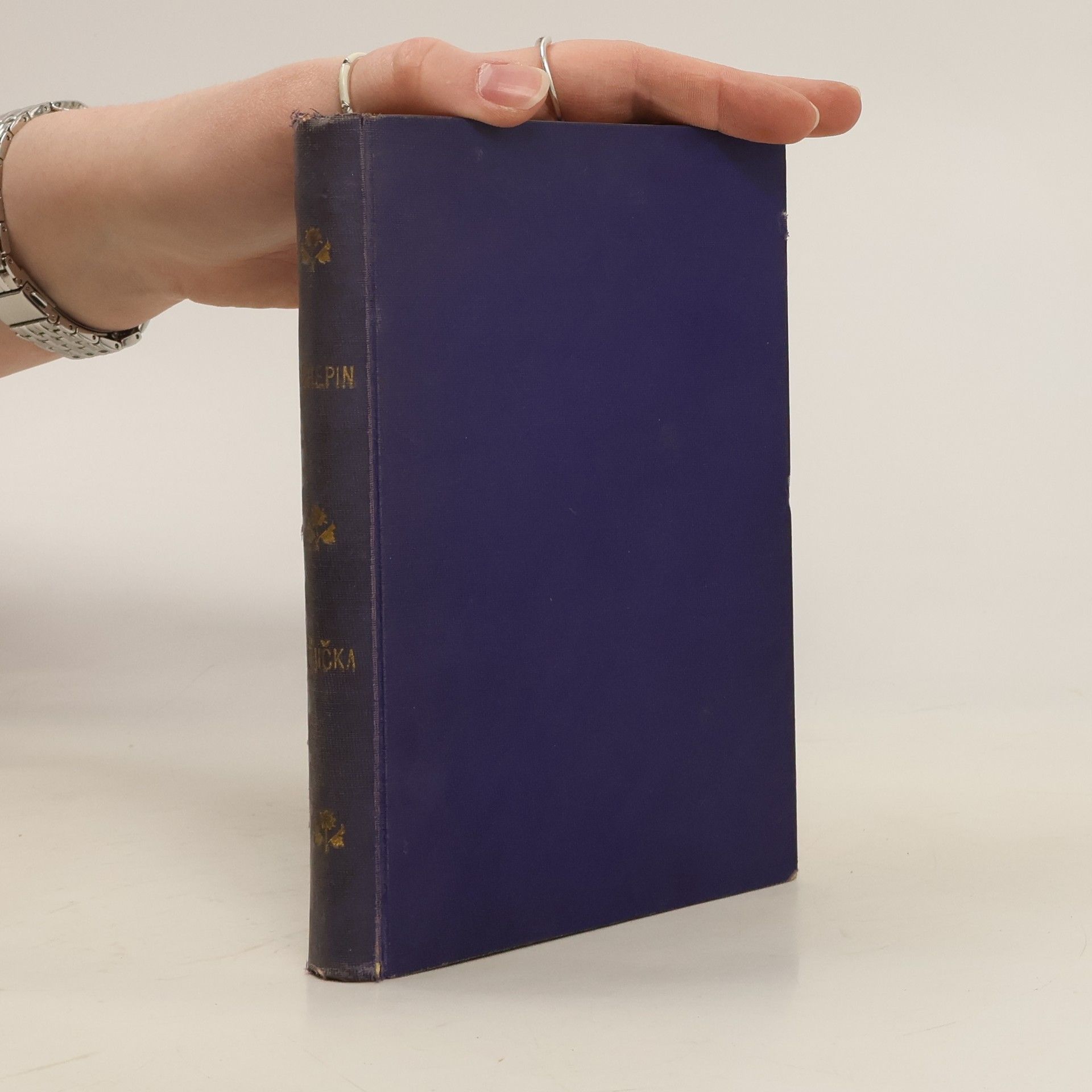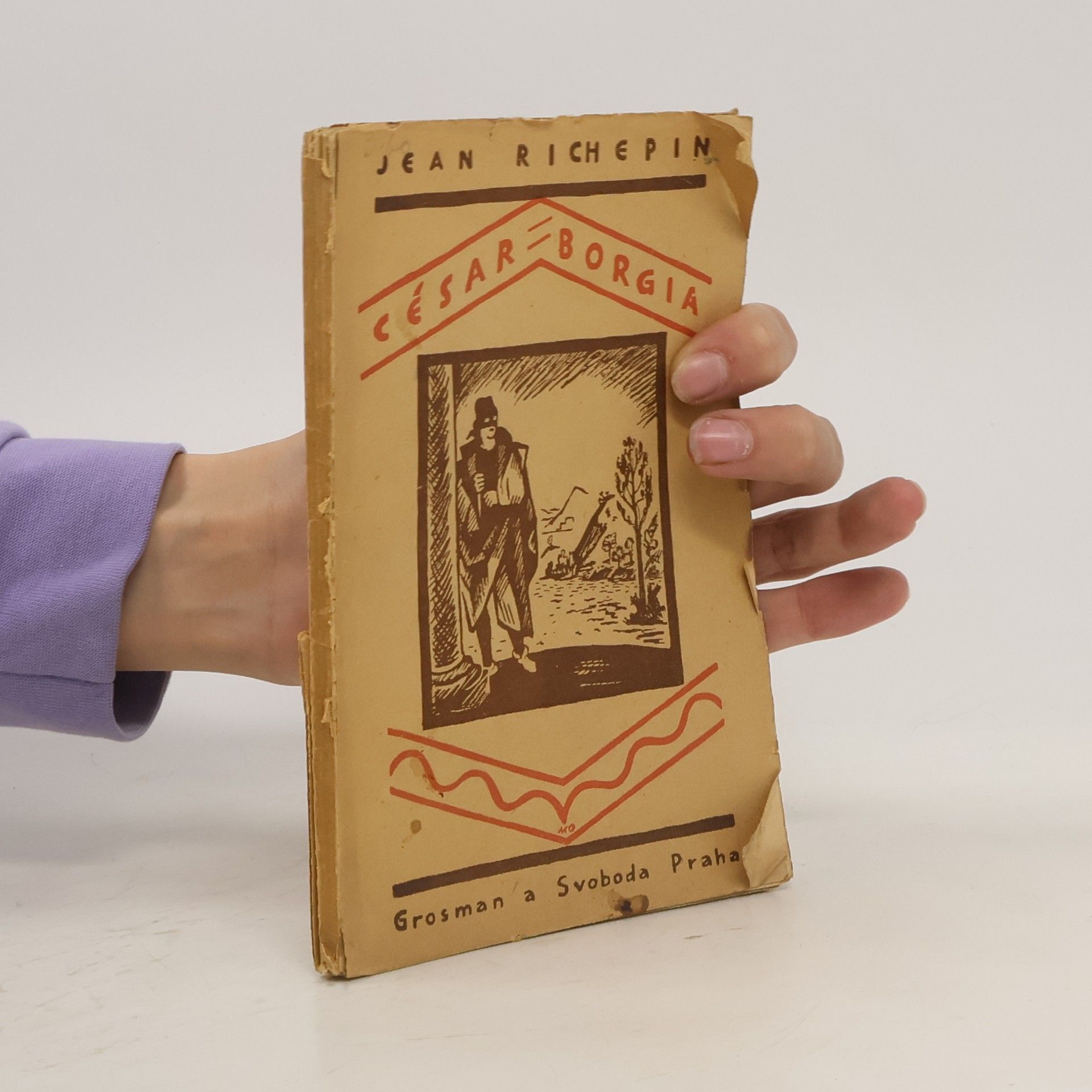Jean Richepin Knihy
Jean Richepin bol francúzsky básnik, románopisec a dramatik. Jeho diela sa vyznačujú silným jazykom a často sa zameriavajú na témy okrajových spoločenských skupín a sociálnej nespravodlivosti. Richepinov štýl je energický a plný života, odrážajúci jeho záujem o drsnú realitu sveta okolo seba. Jeho literárny prínos spočíva v zachytení búrlivej a vášnivej stránky ľudskej existencie.




